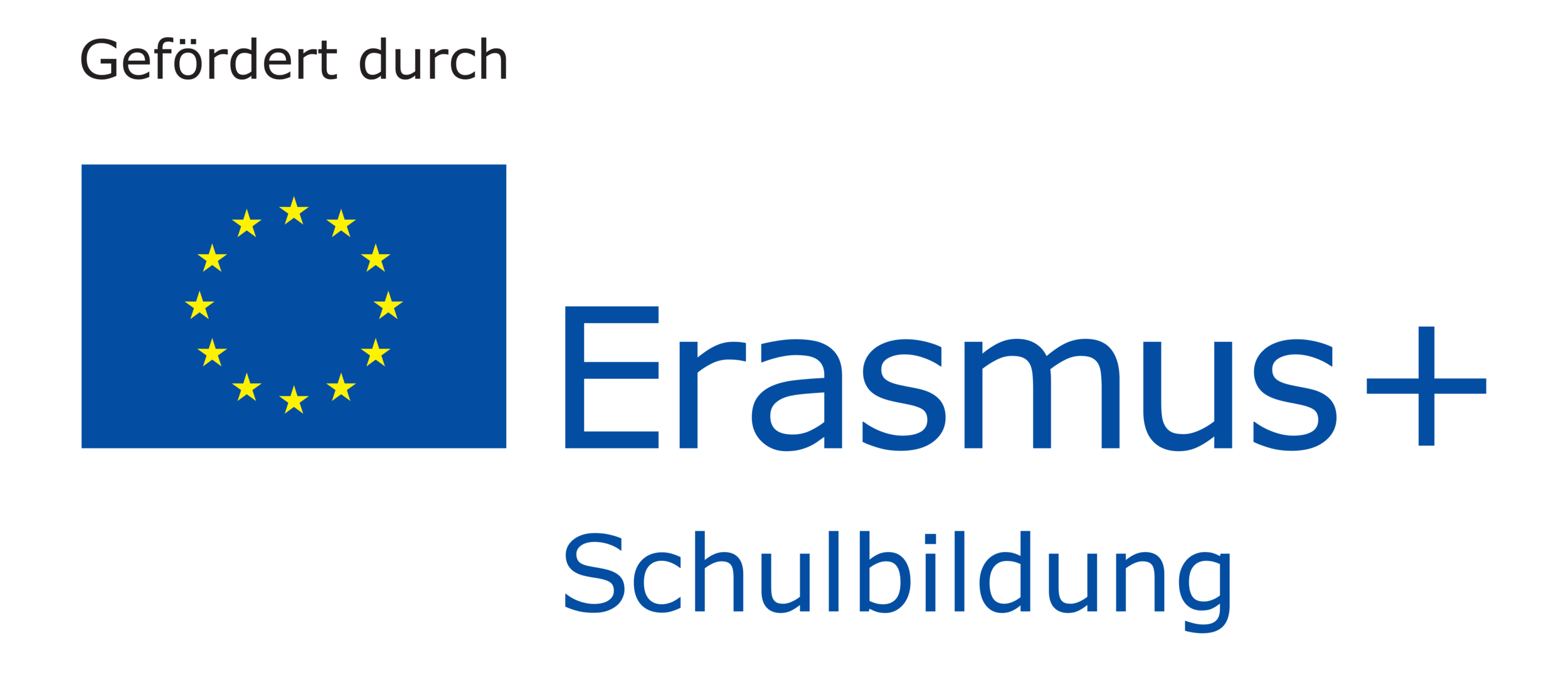Participation In Early Childhood Education
Participation is one of the guiding principles of the United Nations Convention on the Rights of the Child (CRC) (Nations, Convention on the Rights of the Child, 1989).
Article 12 states that the child who is capable of forming his or her own views has the right to express those views freely in all matters affecting the educators or families as they perform adult-like activities, the views of the child being given due weight in accordance with the age and maturity of the child (Nations, Convention on the Rights of the Child, 1989). Vygotsky theorized that through guided participation, a child will learn by doing and have help as needed. When a child learns activities with an educator's support, they then can eventually scaffold away from that support. Max may not have had many opportunities to participate in many of his recent home situations. Educators can now observe how his social and emotional skills may grow when they provide him these opportunities (Berk, 1995).
The "evolving capacity" principle of the CRC instructs adults to take into consideration age and maturity level when granting children freedom to make decisions. This idea should be carefully considered in Max’s case as he enters into a multilingual/multicultural environment. Often the maturity of children cannot fully be observed, when language skills are missing or they are in a life transition and still developing prosilience.
If given appropriate care by his educators and the understanding of his family, he can develop prosilience out of this transition.
“EDUCATION IN THE CRC
Education should give children the opportunity to develop their talents and abilities to their full potential, to gain confidence and self-esteem, to use their initiative and creativity, to gain life skills and take informed decisions and to understand and experience pluralism, tolerance and democratic coexistence” (Unicef, 2018).”

